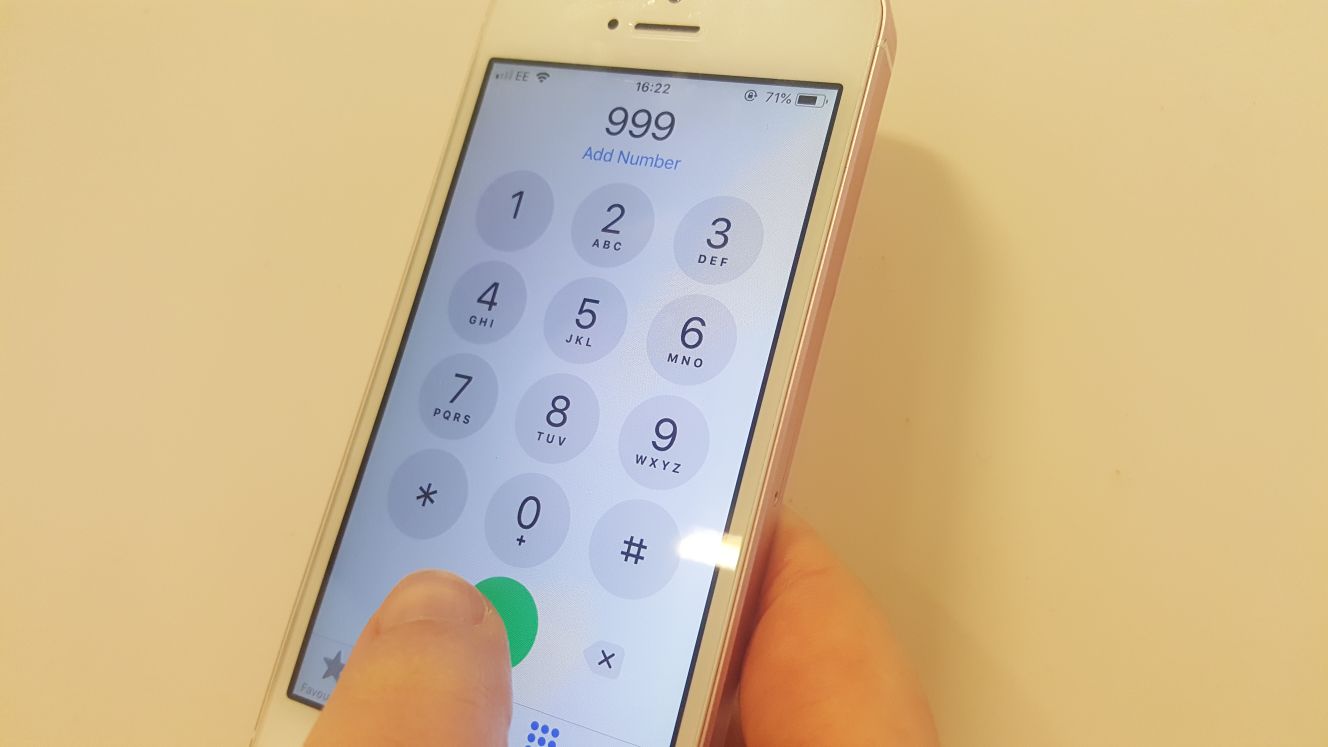Dorset’s emergency services answered 11,774 prank calls combined last year.
Of those, Dorset Police answered 11,000 nuisance or inappropriate calls, which they say are slowing them down from responding to emergencies.
The force receive 88 non-emergency calls every hour and 95 enquiry emails every day.
End of year figures are out! Contact Management teams do a fantastic job keeping call times as low as possible. Remember, you can #DoitOnline or #AskNED – you may not need to call us at all #thinkbeforeyoucall. Go online to see what services we offer. https://t.co/FX1b3Uvtkv pic.twitter.com/bY82xujYpL
— Dorset Police (@dorsetpolice) April 25, 2018
They recommend people deal with non-emergencies via email or by using Ask NED, an online service with frequently asked questions.
PC Matthew Love has also taken to Twitter to encourage people to think before dialling 999.
Back assisting the FCC taking 999 calls. At least 20% of my calls have not been an emergency, tying up 999 lines for those who may need it. You can get in touch in a number of ways.
– ? 101
-? 101@dorset.pnn.police.uk
-? AskNED!Please think before you dial 999! pic.twitter.com/lddEV8L3I3
— PC Matthew Love (@PCMatthewLove) April 25, 2018
The South Western Ambulance Service dealt with significantly less spoof calls.
They answered 774 nuisance calls last year. During April operators received 91 calls, meaning the force answered an average of three hoax calls a day.
To put these figures into context, the South Western Ambulance Service answers roughly 900,000 calls on a yearly basis.
A spokesperson from South Western Ambulance Service NHS Foundation Trust said: “Making hoax calls can put lives at risk. We strongly encourage parents to impress upon their children the importance of only dialling 999 in a genuine emergency situation.
“We work with the police and other partners to seek the prosecution of people who abuse the 999 system.”







